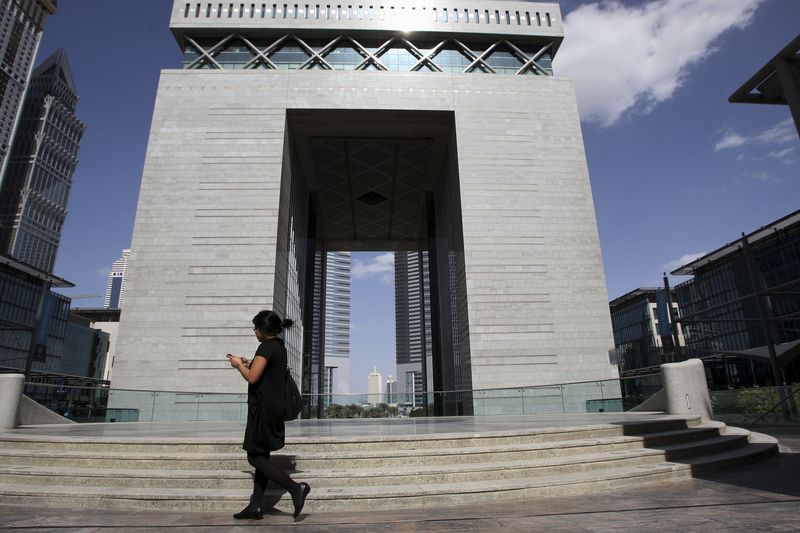DUBAI (Reuters) - Companies in the United Arab Emirates are largely resisting demands for higher pay to offset the impact of inflation, according to a survey that showed two-thirds of companies have received requests for salary increases.
Mercer, in its 2022 UAE Inflation Spot Survey of 200 international and local firms, said only 16% of them have taken some action, like one-time lump-sum payments, off-cycle salary bumps or housing allowance increases, as they look to retain talent.
The Central Bank of the UAE projects inflation at 5.6% this year, which is lower than other parts of the world but would be the country's highest rate since 2016.
Mercer also said that Dubai, the UAE's commerce hub, is one of the most expensive cities for expatriates to work and live in this year, according to a separate survey.
Despite that, 47% of firms in the UAE are not planning any action in 2022, while 37% are either weighing or planning some form of off-cycle compensation adjustments.
Business activity has been expanding robustly in the UAE, with the non-oil private sector growing at its fastest pace in 38 months in August, increasing the need for companies to retain talent in order to meet high demand.
"Employers are being cautious about immediately bumping up wages to match inflation, and many are considering short-term actions with less permanent implications such as lump-sum amounts or retention bonuses, or are investing in improving employees’ work experience by offering improved work-life balance, flexibility and training," Andrew El Zein, a senior associate consultant at Mercer, said in a statement.

"Having said that, companies are budgeting for higher rises next year, ultimately offsetting employees' inflation concerns and matching rising pay expectations."
Firms in the country are budgeting salary increases of 5% in 2023, above 3%-4% rises in recent years, Mercer said.